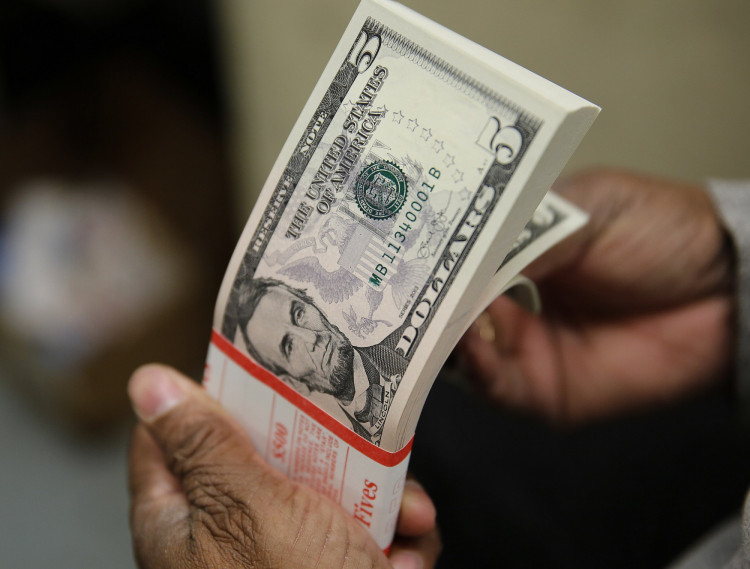Many Americans are being forced to reconsider how they spend their hard-earned money in the current red-hot inflationary environment, which has risen to nearly 8% year-over-year.
According to the Labor Department, increases in the indexes for gasoline, shelter, and food were the largest contributors to the seasonally adjusted all-items increase.
In the face of rising prices, Americans are cutting back: the majority (53%) say they've cut back on dining out in the last six months, while 39% say they've cut back on driving, 35% say they've canceled a monthly subscription, and 32% say they've switched from a brand-name product to a generic product.
As per the survey, those aged 35 to 64 are the most concerned demographic (81 %), followed by those aged 18 to 34 (77 %), and those aged 65 and up (65 %).
In the face of rising prices, Americans have chosen to cut back on a variety of activities, most notably dining out (53 % said they were dining out less) and driving (39%).
If rising prices continue, most respondents say they'll cut back on eating out (52%) or driving (42%), then cancel a vacation (40%) or a monthly subscription (36% ).
According to a late March CNBC poll, 48% are concerned about rising prices "all the time," and 76 % are concerned that higher prices will force them to reconsider their financial decisions in the coming months.
Moody's Analytics findings claimed that spiraling inflation is costing the average U.S. household an extra $296 per month. Even more concerning is the research firm's prediction that "it's going to get worse before it gets better."
"The urgency for those on the sidelines to join the labor force will increase as savings deplete faster, and the resulting increase in labor supply will likely dampen wage growth," the economists claimed.
As said by Mark Zandi, chief economist at Moody's, the two-year coronavirus pandemic, which disrupted supply chains and the labor market, was a major driver of inflation.
"If that diagnosis is correct, inflation should moderate as the pandemic fades and we get past the fallout of the Russian invasion," Zandi said.
He did say, however, that consumers should expect more inflation pain in the coming weeks.
As per Fox Business, Zandi also stated that the Federal Reserve, which is becoming increasingly hawkish, needs to "normalize interest rates" and "make them more consistent with where we are in the business cycle with the strong economy, lower employment, and higher inflation."
Otherwise, there is a greater likelihood of a recession over the next year, he concluded.






